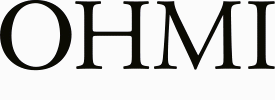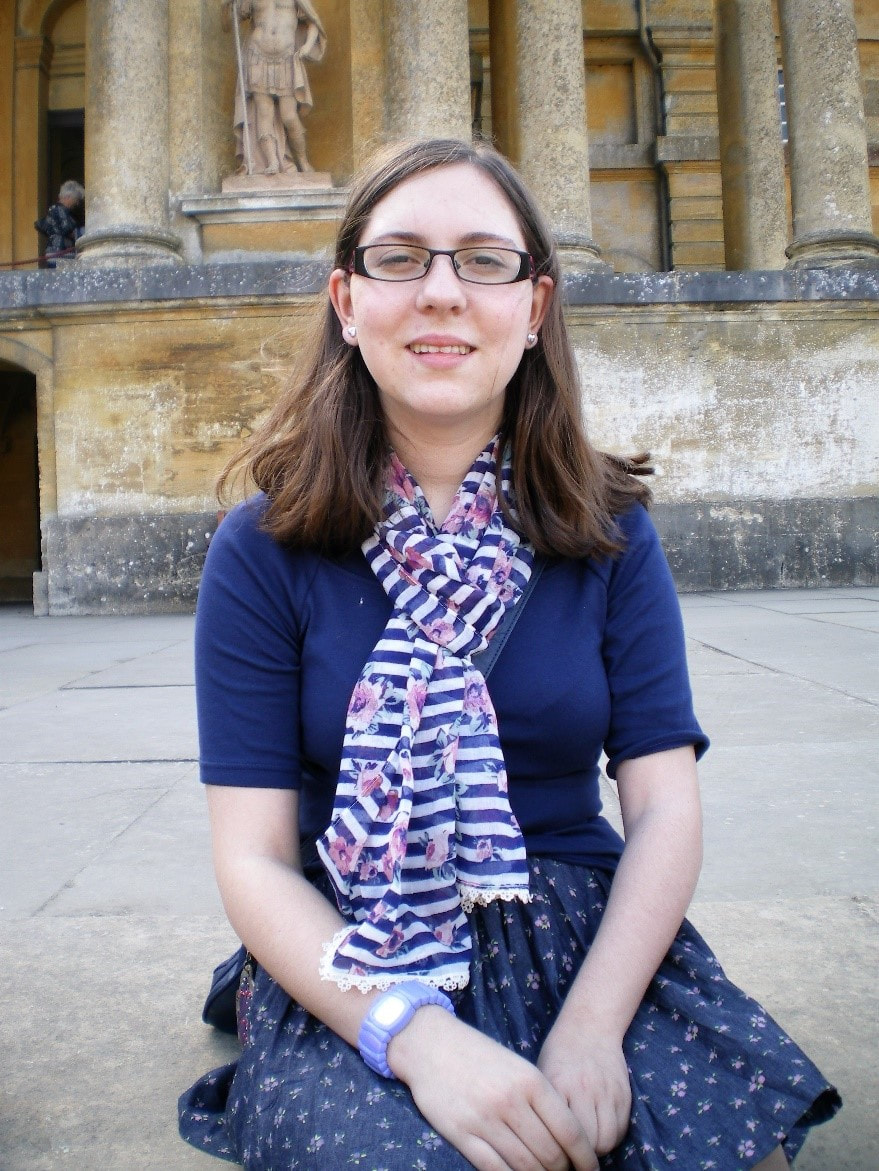|
This year marks OHMI’s tenth anniversary – a moment I can’t quite believe has occurred. It is always challenging to start a new enterprise, and throughout its ten-year history, OHMI has battled with officious bureaucrats, ignorant institutions and larger, better-known organisations to become the successful charity it is today. These early struggles, I believe, have given it the stable foundations to carry it into the future.
Pondering this, it occurred to me that the same might be said of us disabled folk. Our successes have been hard-won, but they have made us all the stronger for it. I’m not sure I can claim to be the absolute embodiment of these virtues myself, but here are my reflections of my own life during the time that OHMI’s being fighting its metaphorical socks off. Ten years ago, I was about to sit my A-levels. Well, that was the plan. While my classmates sat through lessons and sorted through university applications, I could barely leave the house because of frequent panic attacks. Each morning I woke up dreading school and could only manage until about lunchtime, if that, before I phoned my mum and dad begging to come home. Even worse, I’d had my first seizure the year before and doctors had yet to diagnose the cause. To my embarrassment, the seizure occurred whilst I was on the loo at school. I came round with my skirt up around my waist, and my knickers round my ankles watched over by my mum, my dad, the school nurse, the deputy headmistress and two male paramedics. (Incidentally, my second seizure happened in the same bathroom, in the same cubicle, at the same time and on the same day of the week as the first. I never visited that bathroom again.) Despite all this, I forced myself through my exams (though I did have a seizure midway through one). And even though I was mentally and physically too unwell to attend university by the time the A-level results were announced, I was determined to make it the following year. And so, began my gap year (or rather recovery year). Some of my most vivid memories of that year are the many EEGs (electroencephalograms) I endured. In very simplified and unmedical terms, EEGs measure brainwaves and are used, among other things, to test for epilepsy. Over my gap year I visited the hospital several times to have electrodes and wires to my head. I had to wear these 24 hours a day for a week before the electrodes were removed and I would spend the next three weeks pulling superglue, and chunks of my own hair, from my head. In the meantime, I was unable to shower, wash my hair or dress myself (the wires got in the way), so I had a week with a greasy, itchy scalp, washing myself with a damp flannel by the sink and getting my mum to help me (un)dress. It wasn’t actually until three years later during my second year at university that an EEG finally captured a seizure and doctors were able to diagnose what we’d already suspected: epilepsy. As well as resitting my A-levels, I also spent my gap year researching various courses at various universities. To my surprise and my parents’ concern, I wanted to study at a university away from home. Of course, I was aware that this meant I had to live independently in a strange town, but…well, let’s just say I can be very stubborn. My stubbornness paid off. In 2012, I enrolled at the University of Leicester to study history and archaeology. It proved to be the making of me. Yes, I still suffered from anxiety and seizures. Yet, for the first time in what felt like a very long time, I had a great group of friends (shout out here to Charlotte, Yvonne, Helena, Helen and Akshay) and was studying topics in which I was genuinely interested. My nineteen-year-old self even decided to try out some typical undergraduate student activities. I say “some” since several did not appeal; to name one, doing an all-nighter (far too stressful). I was also unsure about drinking myself into oblivion (although I did accidentally do that once) and going clubbing (again, I did it once but with great trepidation, merely so I could say I’d done it.) By the end of my degree, I feel it’s safe to say, I was an independent if cautious young woman; a far cry from the terrified teenager I’d been four years earlier. In 2016, I was offered my first job as an archaeologist with MOLA (Museum of London Archaeology). It was interesting, but it wasn’t glamorous. Most of the time, I was excavating abandoned post-holes and finding animal bones and potsherds, but occasionally something really cool would show up. One chap found a Roman pendant showing a Medusa head, one of only ten found in the UK. Yet, archaeology wasn’t for me. It’s a demanding profession which pays little. Digging all day, every day in all but the most extreme weather is mentally and physically draining. It’s definitely challenging to get yourself out of bed in the dark in the middle of winter when you know it’s freezing cold outside. But then, few can say they’ve excavated a Neolithic burial or helped unearth a roundhouse. Today, I write for a living and feel mostly comfortable meeting new people and visiting new places, and I’ve done things I never thought possible. Travel has always been difficult; disconcerting procedures (I was convinced I’d be arrested at airport security despite having absolutely no reason to be), strange places and no routines were unnerving to say that least. Yet, I still took a long weekend trip to Sofia with a couple of work colleagues about two years ago. I shall say no more…what happened in Bulgaria, stays in Bulgaria. As a journalist, I’m quite blasé about ringing up strangers for news stories and information – I have the sense that I can now handle whatever the world throws at me. That same sense must now be in the OHMI Trust. They have proven the need for their work and worked through problems that would have defeated many. Perhaps then, Michelle Obama’s words apply to the Trust as much as the disabled people they help: “You should never view your challenges as a disadvantage. Instead, it’s important for you to understand that your experience facing and overcoming adversity is actually one of your biggest advantages.” |
CategoriesArchives
June 2024
|


 RSS Feed
RSS Feed
